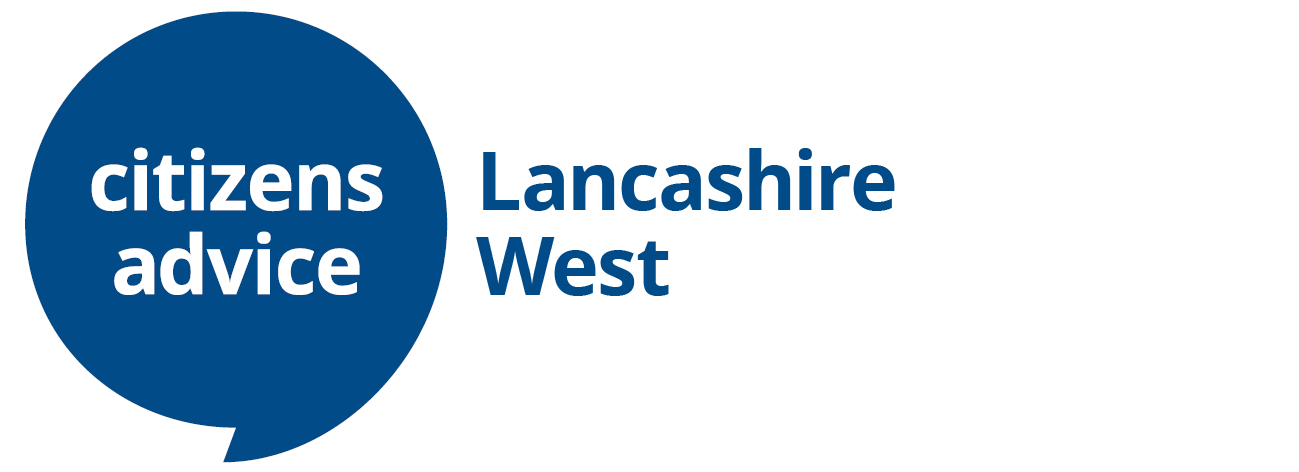Romance Fraud: Protect Yourself from Online Scammers
Online dating can be a great way to meet new people, but it also comes with risks. Romance fraud is on the rise, with criminals using fake profiles to gain trust and exploit victims financially. Here’s how to spot the warning signs and protect yourself.
What is Romance Fraud?
Romance fraud occurs when scammers create fake online profiles to form relationships and manipulate victims into sending them money. These fraudsters often target vulnerable individuals, such as those on widow or divorce support groups, by fabricating personal tragedies or common interests to build trust.
Once trust is established, they start inventing urgent financial needs—claiming they need money for emergencies, travel expenses to visit you, or even requesting you take out a loan in your name.
Signs of a Romance Scam
Be cautious if someone you’ve met online:
Declares strong feelings for you after only a few conversations.
Suggests moving your conversation to a private channel (off the dating app).
Asks for money due to an emergency, medical bills, or travel costs.
Avoids video calls or meeting in person, claiming their camera is broken.
Asks you to take out loans in your name or lie to your bank.
How to Protect Yourself
Never send money to someone you haven’t met in person or have only known for a short time.
Talk to friends and family before taking any financial action. They can help spot red flags.
Verify their identity by doing a reverse image search to check if their photos are stolen.
Stay on the dating app – scammers often try to move conversations to private messaging platforms to avoid detection.
If you think you’ve been targeted, speak up! Victims often feel ashamed, but it’s crucial to report it.
Real-Life Example of Romance Fraud
Emma* met ‘John’ on a dating website. He claimed to be an aid worker in Iraq and shared a heartbreaking story about losing family members to cancer—similar to Emma’s own experiences. After months of chatting, John said he had a medical emergency and needed £5,000 for an operation. Wanting to help, Emma sent the money. Shortly after, he requested another £5,000 for hospital bills. Once she sent the money, John disappeared—his profile was deleted, and he stopped responding.
Emma had been scammed.
(*Case studies are based on insights from partners.)
If You’ve Been Scammed, Act Fast!
Contact your bank immediately if you’ve sent money.
Report it to Action Fraud at 0300 123 2040 or via actionfraud.police.uk.
In Scotland, report to Police Scotland by calling 101.
Spread awareness! If someone you know is secretive about an online relationship, encourage them to stay cautious. Romance scams can happen to anyone, but by staying informed, we can stop fraudsters in their tracks.

